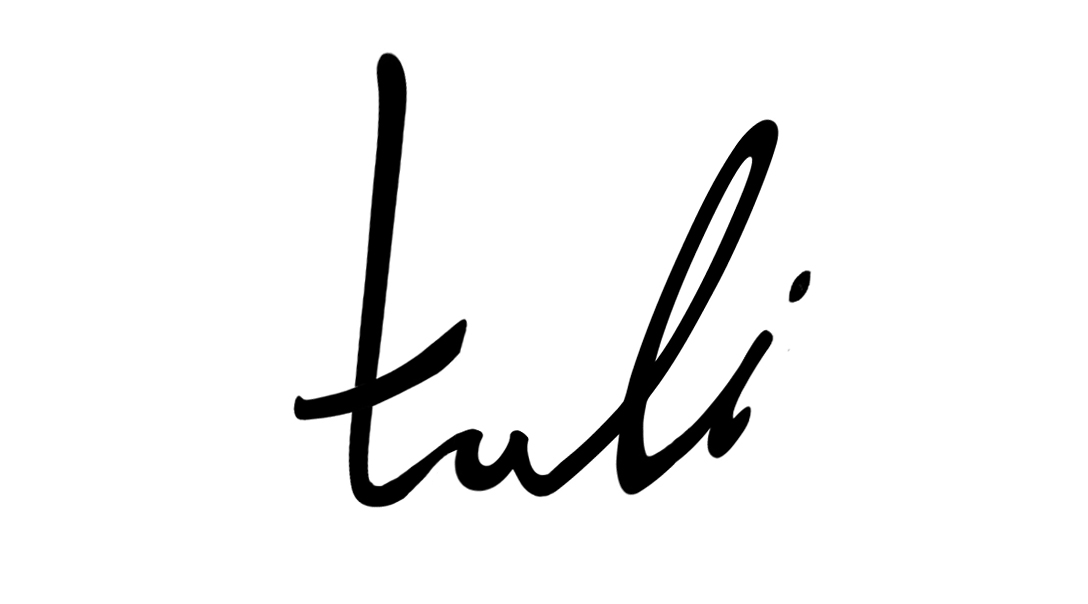Tuli’s artisan co-op connects brands with skilled makers within an ethical supply chain. We’ll handle production for your private label collection so you can focus on selling. Our artisans are paid fair wages that empower them to feed their families, educate their children, and rise out of poverty.
Partner with us for beautiful, ethical jewelry that’s lovingly handmade with elevated design and quality. We offer design service informed by our years of marketing jewelry or can work from sketches or prototypes of your own. Our jewelry is primarily made using recycled paper beads, brass, and bone.
We accept orders from brands of all sizes, whether you’re just starting out or require a robust production schedule.
Want to get started? Contact us here or keep reading to learn more.
Ethically Sourced
Tuli partners with communities to create impact-focused products. Our workshops in both Kampala and Nairobi are run by local production managers who help us set prices and ensure our artisans are being treated well and are empowered to rise out of poverty.
Elevated Design
Work with our design team or provide sketches or prototypes — we’ll work hard to get you what you need. We specialize in recycled brass, bone, and paper bead jewelry. We offer sampling and sketches to get you what you need.
Quality + Consistency
A challenge of selling handmade products is ensuring each piece is consistent. We source the best components available, and our team is trained to ensure size, color, and other variations are the same among products, so you can reorder any time without stress.
Fighting poverty together
When I started my fashion brand, Tuli, the hardest part was creating my products. Finding quality components for jewelry, ensuring we were making a real impact instead of floundering with good intentions, and establishing an efficient and quality-vigilant workshop was grueling, and it took several years of business to perfect the process. And all that work was in addition to selling the products and building a brand!
Despite the challenges, we persevered. I quickly noticed there were many small brands like Tuli emerging, but most didn’t succeed. Once Tuli was going strong, many founders reached out to me asking for advice, and in hearing their struggles, I realized: We were all fighting the same production battle, but separately.
I believe the fight against poverty can only be won if we work together. Tuli had already solved problems other brands were facing, so I began offering production assistance to others. That way, brands could focus on selling while assured that their jewelry would arrive consistently, beautifully, and ethically. This benefits Tuli by bringing more work to our team (and allowing us to hire more artisans!) and makes ethical production more efficient.
Learn more about Tuli’s story here.
Collaboration, not competition
Let’s be blunt: I’m offering my supply chains to brands that are, technically, my competitors. But that’s not how I see it. I truly believe in a world where ethical fashion is the norm, not the exception. If I can make ethical fashion more accessible to brands and consumers, I want to do it. If I can bring more work to the people in East Africa I’ve grown to know and love over the years, I want to do it. Tuli is a new kind of business — one that believes it can do what’s best for people and still flourish.
Our work
Discover the possibilities with Tuli Studio

















